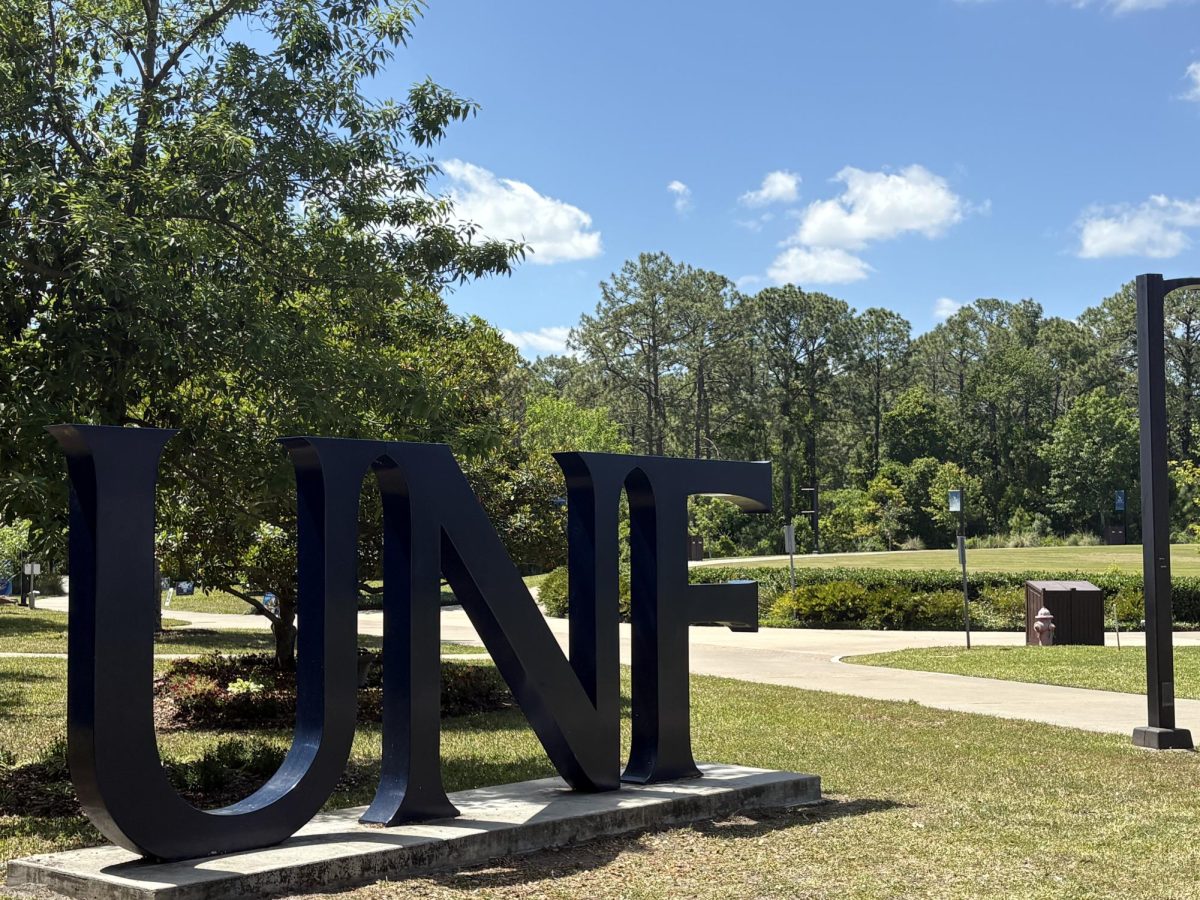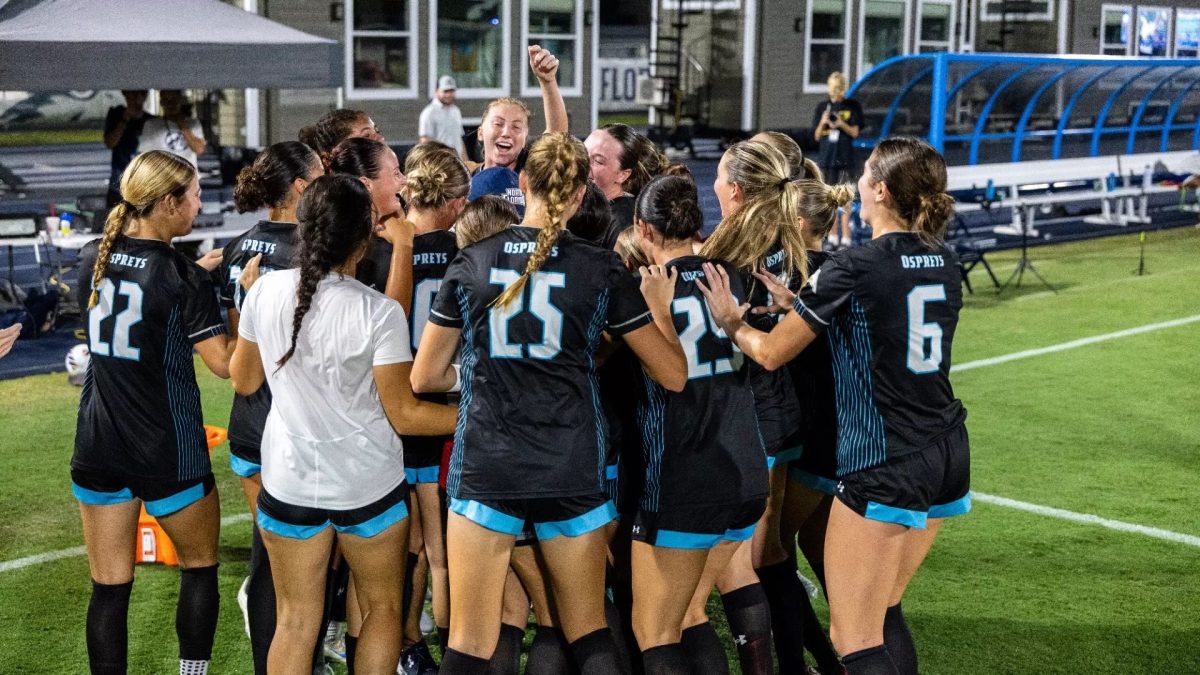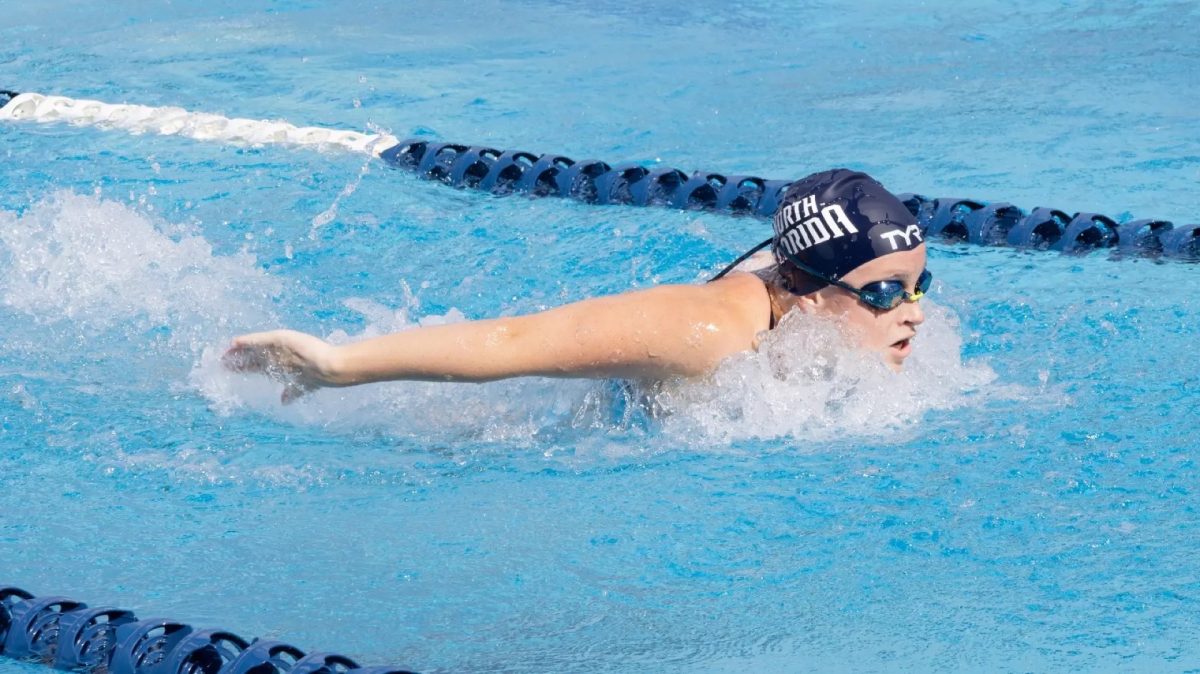Since 2005, UNF has offered TLOs that take students around the globe to broaden their outlook on the world. Most of the time, TLOs transport students to exotic and romantic destinations in an effort to transform the lives of UNF students. But next semester, a TLO can be found in Jacksonville.
Martina Perry, coordinator of academic support, oversees the TLO program at UNF. She said participation in a TLO course can have long-term benefits for a student.
“[Students] get to see things from a different perspective,” Perry said. “You get real-world experience.”
Perry said as a result of participating in a TLO, some students get published in peer-reviewed journals along with a faculty member or even get job opportunities.
Gabbard’s course will challenge students not just to read literature pertaining to the disabled but to get involved with the disabled community.
The course, which he has taught since 2009, is listed in the upper-level English department, but is actually designed for non-English majors, Gabbard said. He encourages everyone to join the class.
Throughout the course, UNF students will attend Tuesday and Thursday morning class and w volunteer at one of four sites two hours a week for 10 weeks.
Volunteer sites include various schools or learning centers that service disabled students.
One available site for students to volunteer at is Hope Haven. It is a center that assists families with children who have learning disabilities.
Another location is Mt. Herman, a Duval County public school, which services students with cognitive and physical impairments.
The third site, Alden Road, which is also a Duval County public school, has a population composed mainly of students with autism.
The final site is UNF’s own On-Campus Transition Program, which will primarily involve working with students who have Down syndrome.
Gabbard said his motivation for teaching the class was his son, August, who attends Mt. Herman.
Terri Collier, the volunteer coordinator at Mt. Herman, said her students reap great benefits from UNF student involvement.
“We are a very hands-on school,” Collier said. “With a three-to-one ratio [of faculty or volunteers to students], it’s always a help to have more people in the classroom.”
She said the benefits of the experience go both ways; UNF students often gain practical knowledge or personal satisfaction from the experience.
Students can volunteer in an area of interest, such as physical therapy, to gain skills in their field, Collier said. She also said many students leave the experience enlightened and more well-informed.
“We want people to know that [disabled individuals] are students, people, first,” Collier said. “Their disability is secondary.”
Gabbard said a pleasurable part of teaching the course is sharing with the community the many positive truths of the lives of disabled individuals.
“A lot of people become weepy about it, or sad, and you know, it’s not really a case of being sad because a lot of these kids don’t even know they’re disabled,” Gabbard said. “We project our own feelings onto their situation and we become sad. But they’re not sad. They’re just living their lives.”
To register for Gabbard’s Disability Studies class, students should add the class listed as LIT 4931. Then, after registering for the course, Gabbard asks students to send him an e-mail that says they registered.















